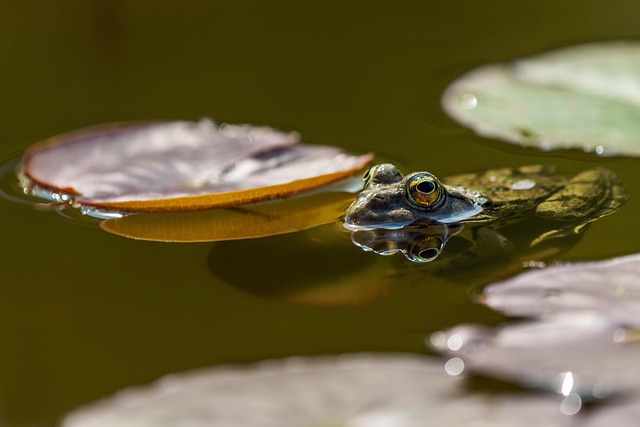Understanding Reflection in Science
Reflection, in the context of science, goes beyond mere observation; it embodies the critical thinking process that leads to deeper understanding. When scientists reflect on their experiments, hypotheses, and results, they engage in a form of introspection that can illuminate hidden variables, biases, or theoretical flaws. This process is integral to the scientific method, as it encourages a cycle of questioning and revising ideas. For instance, the way physicists reflect upon the principles governing the universe has led to groundbreaking theories, from Newton’s laws of motion to Einstein’s theories of relativity.
As we delve into the concept of reflection in science, we begin to see the power it wields – not just in solving current dilemmas, but in preventing future missteps. Effective reflection can often be the difference between a successful discovery and one overshadowed by human error or misjudgment. Consequently, fostering a culture of reflection can provide scientists with the tools they need to contribute authentically to the ever-evolving tapestry of human knowledge.
Reflection in Modern Philosophy
In modern philosophy, reflection takes on an entirely different, yet equally compelling dimension. Here, it serves as a pathway to self-awareness and deeper understanding of existence. Philosophers are often preoccupied with questions about consciousness, ethics, and the nature of reality itself. Through reflection, they examine their beliefs and the structures of thought that underpin them, allowing for a dynamic dialogue between ideas.
Additionally, the act of reflecting on one’s beliefs serves as a form of skepticism, prompting individuals to disentangle from dogmas and challenge established norms. This skepticism is crucial in a world inundated with information, where the temptation to accept ideas without question can lead to conformity and intellectual stagnation. By engaging in reflective thought, we empower ourselves to think critically about our values, our society, and our purpose.
The Intersection of Reflection in Science and Modern Philosophy
The interplay between science and modern philosophy illustrates how reflection serves as a bridge between empirical inquiry and existential questioning. Both disciplines encourage a quest for knowledge, wherein reflection acts as a catalyst for innovation and critical examination. In science, reflection leads to hypotheses and experiments, while in philosophy, it fosters deeper inquiries into human existence and moral dilemmas.
As we navigate through the complexities of our modern world, the ability to reflect on both scientific practices and philosophical inquiries becomes increasingly important. It urges us to cultivate a mindset that values inquiry, encourages skepticism, and embraces the uncertainty inherent to both fields. In doing so, reflection becomes not just an academic exercise, but a profound and transformative journey towards understanding ourselves and the universe around us.
Through the seamless integration of reflection in both science and philosophy, we can aspire to seek truth, foster critical thought, and ultimately embrace the essence of what it means to be human.




